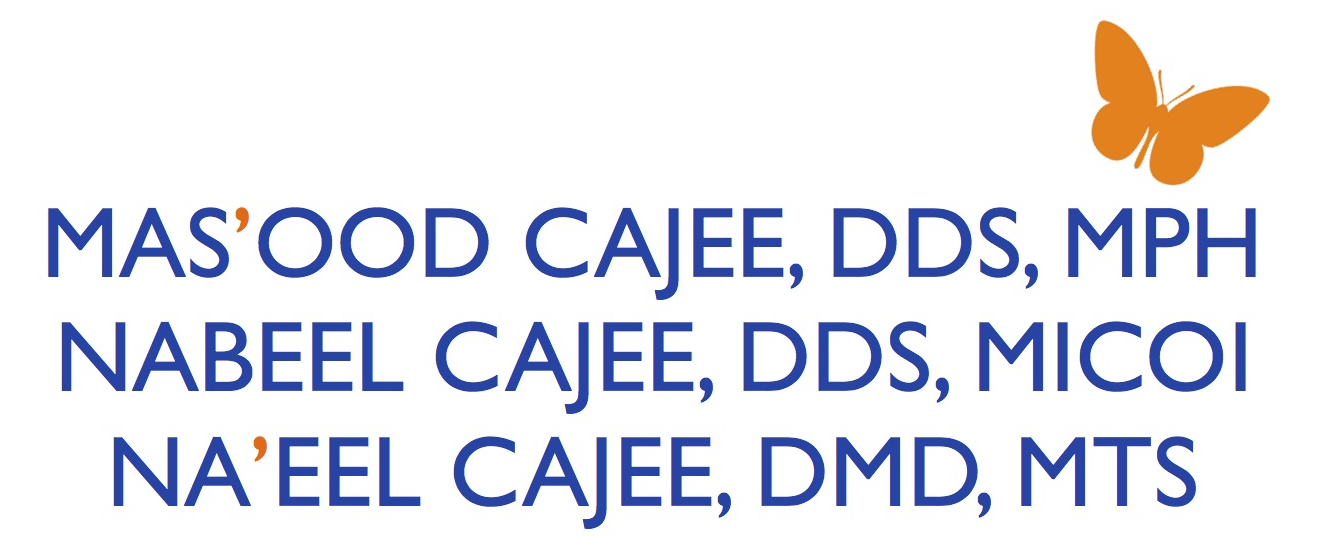Can ARFID Cause Crooked Teeth or Bite Problems?
/Avoidant/Restrictive Food Intake Disorder (ARFID) is an eating disorder where children avoid certain foods or eat very little. While it primarily affects nutrition, ARFID can also impact dental health, leading to problems like crooked teeth and bite issues (malocclusion).
How ARFID Affects Teeth and Jaw Development:
Smaller Jaw Growth: Limited chewing of tough, crunchy foods can cause underdeveloped jaw muscles, leading to a smaller jaw.
Severe Crowding: A smaller jaw leaves less space for permanent teeth, causing crowding and misalignment.
Bite Problems: Imbalanced jaw growth can lead to overbites, underbites, or crossbites.
Tips for Parents:
Schedule Regular Dental Check-Ups: Dentists can spot early signs of crowding and bite issues.
Monitor Chewing Habits: Encourage safe, age-appropriate chewy foods to promote jaw development.
Collaborate with Healthcare Providers: Work with doctors, nutritionists, and mental health professionals to support your child’s overall health.
Consider Early Orthodontic Evaluation: An orthodontist can assess jaw growth and recommend treatments if needed.
Promote Good Oral Hygiene: Even with limited diets, brushing and flossing are essential to prevent dental decay.
Early intervention helps manage dental issues linked to ARFID. A team approach ensures your child’s smile and health thrive.
ABOUT THE AUTHOR
Mas’ood Cajee, DDS, MPH, is a Manteca, California-based dentist, Harvard-trained public health expert, and passionate advocate for nutrition, literacy, and community well-being. He is the editor of The Whole Mouth Digest, a blog dedicated to healthy smiles, healthy bodies, and healthy living. Email him at hello@drcajee.com.






